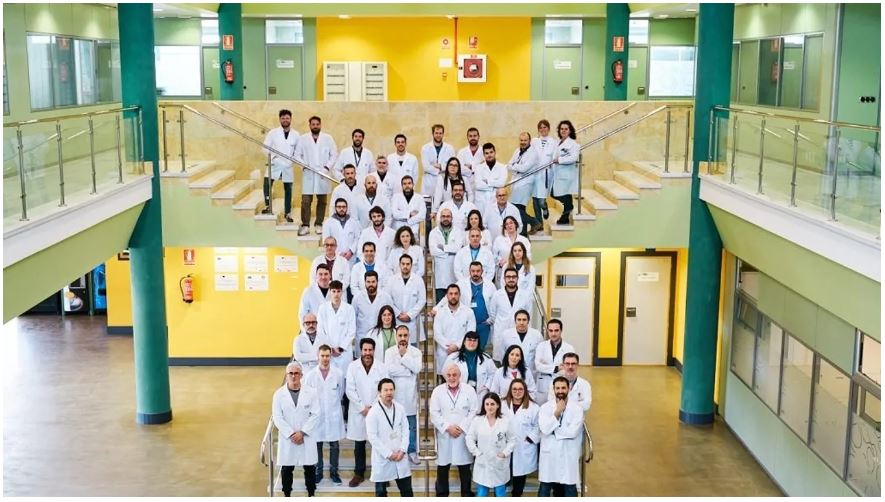Andaltec, a leading Spanish research center in the plastics sector, has recently unveiled the RECYPPOWDER project, a groundbreaking initiative aimed at harnessing recycled polypropylene for additive manufacturing, particularly Selective Laser Sintering (SLS). This venture, conducted in collaboration with Innomaq 21, the University of Barcelona, and Andaltec itself, seeks to revolutionize the 3D printing landscape by developing sustainable and economical materials for SLS technology, leveraging the benefits of recycled polypropylene.
Recycled polypropylene for sustainable SLS 3D printing
Recognized for its versatile application in 3D printing, SLS technology stands out for its ability to produce highly precise and complex parts. However, the scarcity of commercial polymer powder derived from recycled polypropylene for SLS applications presents a significant challenge. This project aims to bridge this gap by developing co-polymers that blend commercial and recycled polypropylene, optimizing their particle size and properties for effective laser processing. This initiative not only addresses the variability of recycled materials but also explores the potential of reducing carbon footprint by replacing part shipping with the transmission of printing data.
Exploring the unexplored in polypropylene 3D printing
Despite polypropylene being one of the most consumed plastics globally, its potential in 3D printing has been largely untapped due to challenges such as interlayer bonding and warping. Companies like PPprint and collaborations between Braskem and Titan Robotics have begun addressing these issues, focusing on developing polypropylene materials specifically for 3D printing. These efforts have led to the introduction of materials optimized for large-scale polypropylene 3D printing, showcasing low warping and strong inter-layer adhesion, thereby expanding polypropylene’s application potential across various sectors.
Fostering sustainability and innovation
The RECYPPOWDER project represents a significant step towards fostering a circular economy within the additive manufacturing industry. By validating the viability and impact of recycled polypropylene in SLS 3D printing under real-world conditions, Andaltec and its partners are setting the stage for a more sustainable and economically viable approach to additive manufacturing. This initiative not only highlights the importance of sustainability in the sector but also opens up new avenues for material innovation, potentially transforming the way industries utilize polypropylene in 3D printing.
Subscribe to AM Chronicle Newsletter to stay connected: https://bit.ly/3fBZ1mP
Follow us on LinkedIn: https://bit.ly/3IjhrFq
Visit for more interesting content on additive manufacturing: https://amchronicle.com


